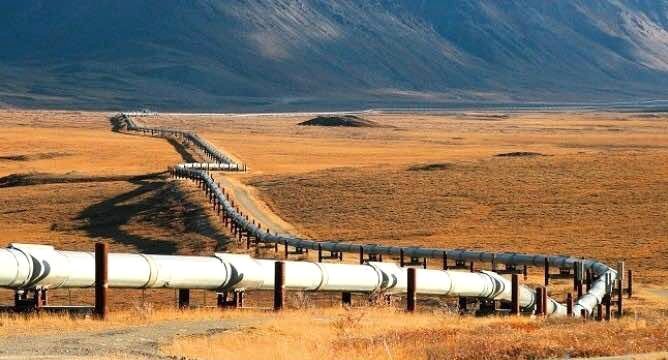The $25 billion Nigeria-Morocco Gas Pipeline has taken a decisive step forward with the establishment of a dedicated project company and growing international financial support.
Planned to span nearly 6,000 km along the West African coast, the pipeline aims to expand regional energy access while providing Europe with a secure supply of Nigerian gas. According to Amina Benkhadra, Director General of Morocco’s National Office of Hydrocarbons and Mines (ONHYM), the creation of the company marks a critical stage in structuring financing and overseeing project delivery.
Technical studies finalized in 2025 confirmed the pipeline’s route, designed to transport 15–30 billion cubic meters of gas annually. It will serve 13 coastal states and reach an estimated 400 million people, while domestic interconnections will extend supplies to landlocked countries including Niger, Burkina Faso, and Mali. The line will ultimately link with the Maghreb-Europe Pipeline, granting Nigerian gas direct access to European markets.
Project governance will follow a layered approach, with a parent company supervising regional subsidiaries responsible for different segments—a framework approved by the Economic Community of West African States (ECOWAS). In July, Togo joined the initiative as a public partner under an additional protocol signed with the Nigerian National Petroleum Company (NNPC), ONHYM, and Togo’s state gas firm, SOTOGAZ.
On financing, Moroccan Energy Minister Leïla Benali confirmed that the United Arab Emirates will join a consortium of existing backers, including the European Investment Bank (EIB), the Islamic Development Bank (IsDB), and the OPEC Fund. The newly formed project company will lead fundraising efforts, with a final investment decision expected before the end of 2025.
Source:Africa Publicity








